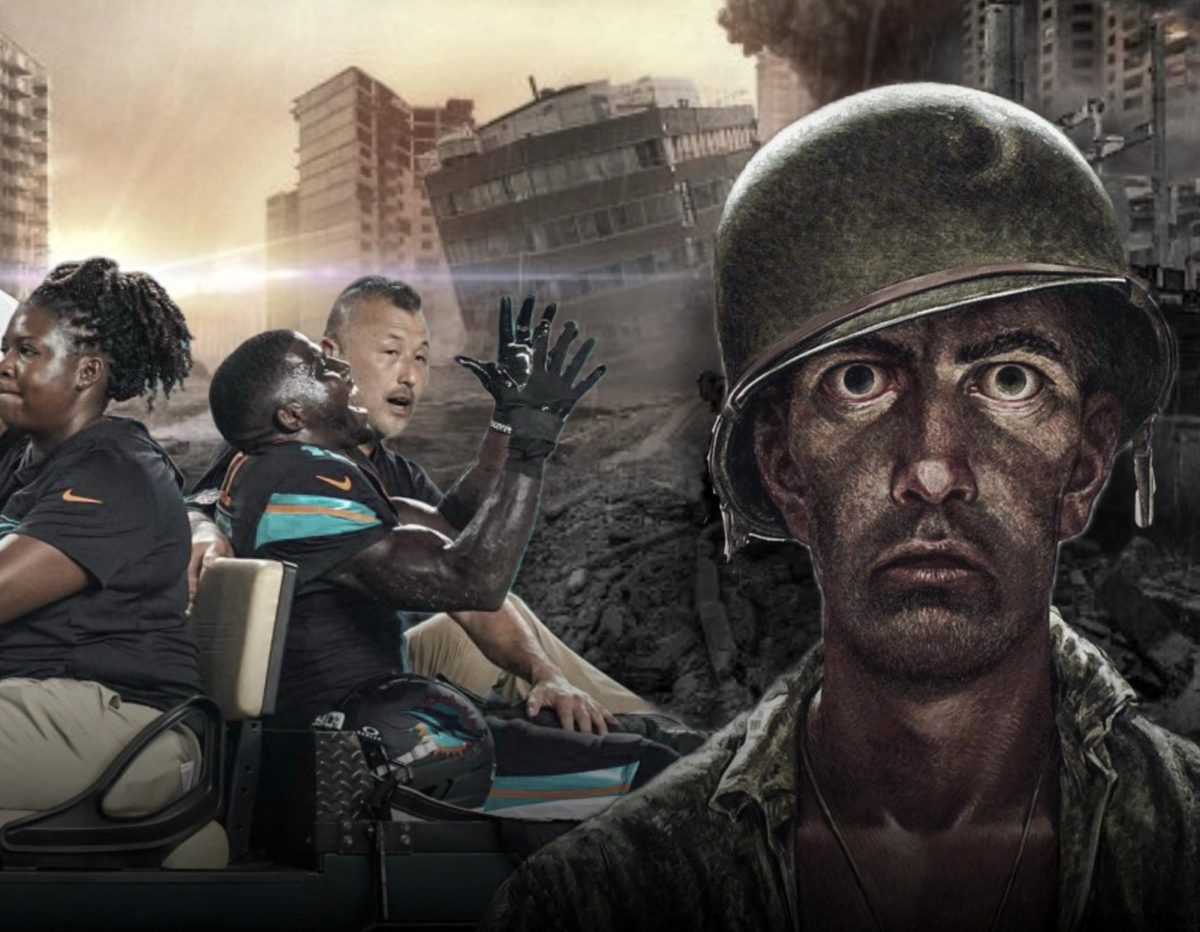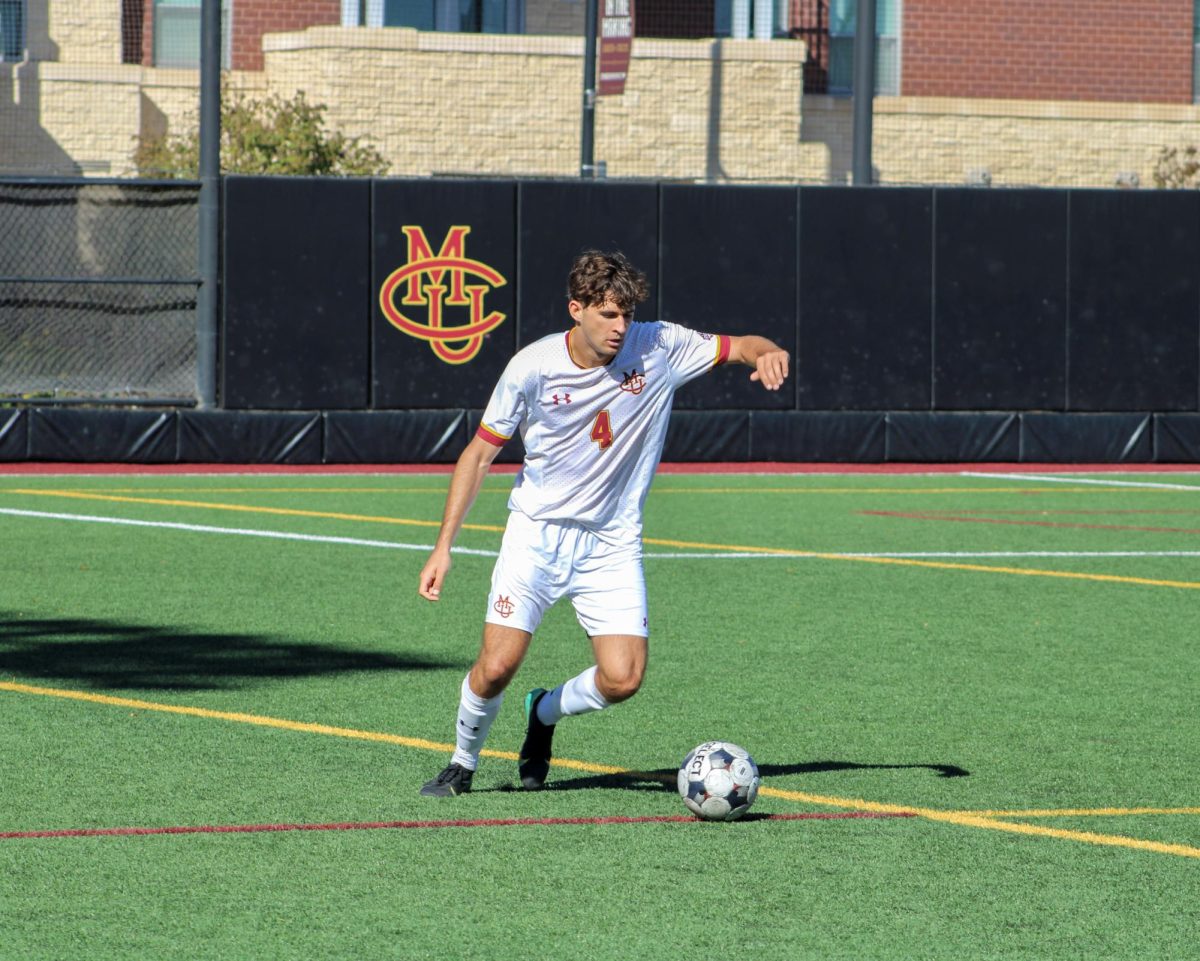If you’re like me, you enjoy two things: sports and earning an income. Luckily for me, I got to enjoy both of those at once when I worked as a camera operator for our very own CMU-TV and their production of Grand Junction Rockies baseball.
Was it difficult at times? Absolutely. Was it a worthwhile experience? Definitely. Do I have stories to share from the time I worked local baseball games? Oh boy, do I.
Quick backstory: I had been offered a job up here in Grand Junction and found an on-campus apartment, but still needed money for groceries and stuff. So I took up a position on CMU-TV’s crew running a camera for the Grand Junction Rockies.
I had done a little bit of camera work before: a graduation ceremony at my old school, a newscast and a couple video projects, but nothing as intense and fast paced as a live baseball telecast. This was definitely going to be a challenge.
Camera three’s job description goes like this: follow the lead runner from first all the way through home, get varying shots of the pitcher (if his torso is facing you so the graphics operator can identify him on screen), do the same thing with the batter, get a wide shot of the “pickoff” in case the pitcher tries to throw it to first base and get a wide shot of Suplizio field when transitioning out of commercial breaks. Easy, right?
Here’s the thing your favorite baseball TV network, be it ESPN, Fox or Root Sports, won’t tell you. All those spectacular camera shots that captured the game winning home run, were probably controlled by a person yelling “go go go go go!” in the camera crew’s ears. That person yelling is the director, and he/she have a very difficult job, made all the more difficult by someone like me: an inexperienced cameraman.
For the first few games, I was manning Camera Three. I was terrible. I missed my pickoff, I would forget to follow the runner, I didn’t get back to my correct shots in time and it usually resulted in the director giving me a good scolding. With persistence, I was able to get better at working the camera and really came to enjoy it. Now that I was in a position where I didn’t need scolding for my poor performance, I could actually pay attention to the games.
Pitcher Riley Pint was one of the favorites for the GJ Rockies because his fastball could torch the inside of the catcher’s glove without a second thought. The offense would either score nothing at all, or go for 11 runs in the blink of an eye. Some games were complete devastation, and other games were triumphant comeback wins in the ninth inning. Part of the excitement was never knowing which it would be on a given night.
Me, being the third base camera, I had a few brushes with death when a foul ball would come flying into the stands only a few feet above my head. The scary part was, if any of the balls came for the camera, it would have fallen on me to leap out and stop them from knocking into the lens. Fortunately, that never happened, but there was always that risk.
Rain delays were always a hassle because occasionally we were protecting $10,000 of camera equipment with 50 cent garbage bags, some duct tape and a zip tie. Sometimes camera work is just knowing how to Macgyver something.
There was the drunken altercation that broke out right next to my post, the little kids who didn’t see a giant camera right next to them while they were rocking the stands back and forth and the photographer who wanted to get that perfect angle and stood everywhere but the top of my shoulders.
At the end of each broadcast, we took the cameras down from their tripods, packed up the equipment in the stadium press box, had a crew debriefing to go over the broadcast, got some pointers and were sent on our way. They were long nights for sure, but it was well worth it when that paycheck arrived via direct deposit.
Hopefully this gives you an appreciation for how the camera crew and TV team do their job. Next time you’re watching a game at home you can think, “wow, that Camera Three sure is something.”







